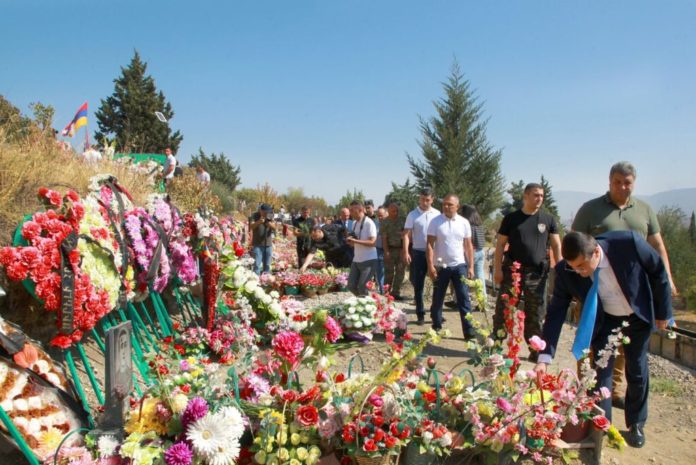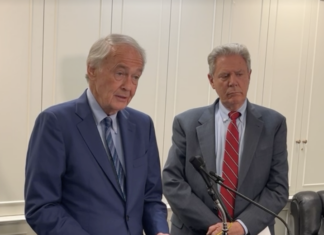By Ani Avetisyan
STEPANAKERT (Open Caucasus Media ) — Almost a year after the Second Nagorno-Karabakh War, Nagorno-Karabakh marks Independence Day. While officials from the Republic of Armenia were present at the ceremonies, Armenian Prime Minister Nikol Pashinyan was a notable absence.
“The right to the determination of the people of Artsakh [Nagorno-Karabakh] is sacred. It cannot be stopped by the use of force,” read a statement written by Armenia’s Prime Minister Nikol Pashinyan on the occasion of the 30 anniversary of the Independence Declaration of Nagorno-Karabakh on September 2.
This was the first time in the history of independent Armenia that the country’s executive leadership, did not visit Stepanakert, the capital of Nagorno-Karabakh on Independence Day.
In the statement, Pashinyan insisted that “the Nagorno Karabakh conflict is not settled” and cited statements made by the Organization for Security and Cooperation in Europe (OSCE) Minsk Group Co-Chairs France, Russia, and the United States.
“The conflict is awaiting its comprehensive settlement through a peace process based on the well-known principles proposed by the OSCE Minsk Group Co-Chairs,” the Prime Minister’s statement read.








